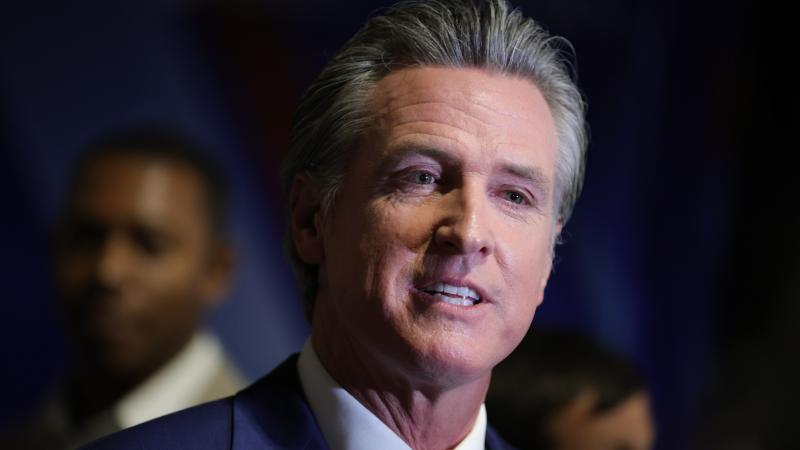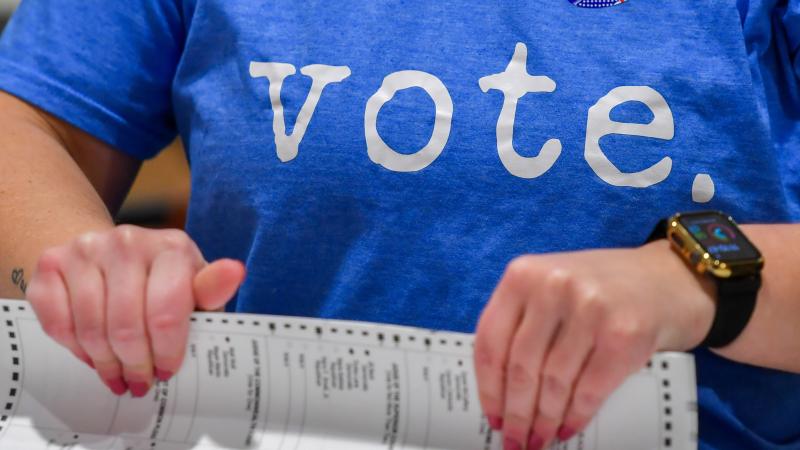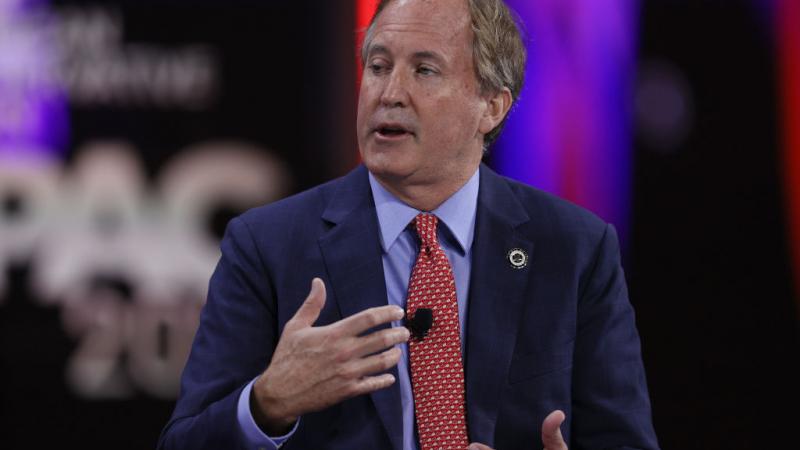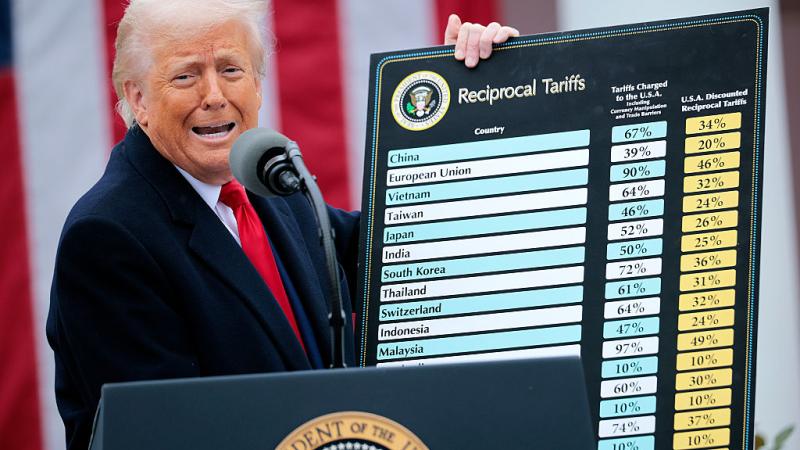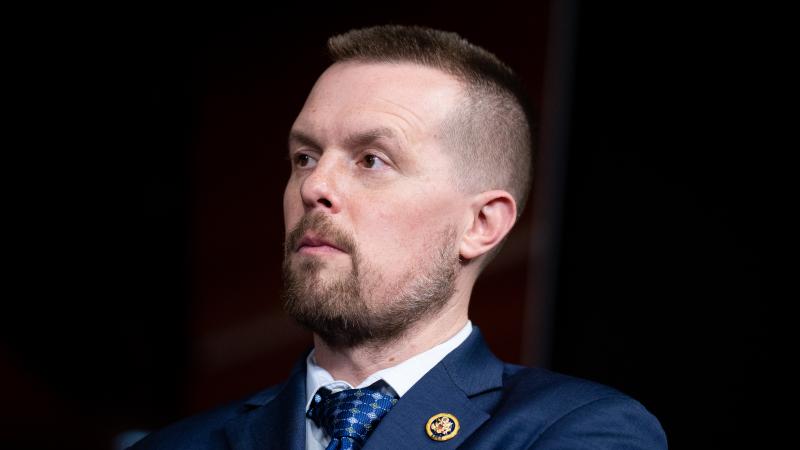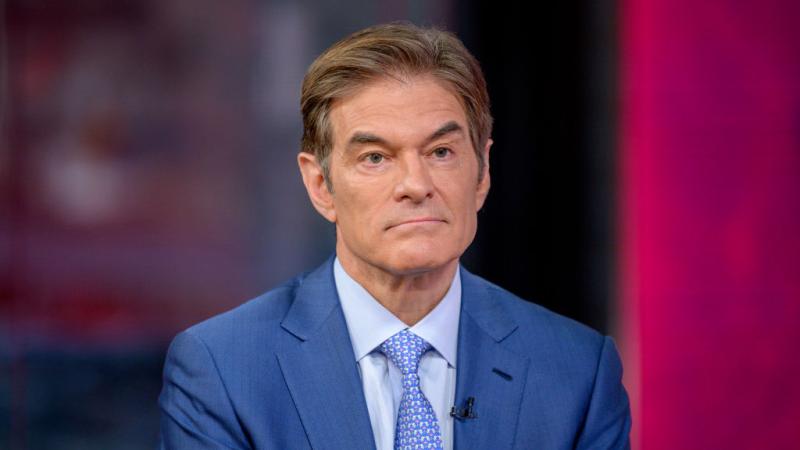Amid movie industry decline, CA aims to double film tax credits to $750M
“California is the entertainment capital of the world – and we’re committed to ensuring we stay that way,” said Gov. Newsom.
(The Center Square) - California legislators have unveiled a bill to follow through with the governor’s plan of more than doubling the state’s film and TV production tax credits to $750 million.
The state’s own analysis warns it’s likely the refundable production credits generate only 20 to 50 cents of state revenue for every dollar the state spends, and the increase could stoke a “race to the bottom” among the 38 states that now have such programs.
Industry insiders say the state’s high production costs are to blame for much of the exodus, and experts say the cost of housing is responsible for a significant share of the higher costs.
The bill creates a special carve-out for shooting in Los Angeles, where productions would be able to claim refundable credits for 35% of the cost of production.
California Gov. Gavin Newsom announced his proposal last year and highlighted his goal of expanding the program at an industry event last week.
“California is the entertainment capital of the world – and we’re committed to ensuring we stay that way,” said Newsom. “Fashion and film go hand in hand, helping to express characters, capture eras in time and reflect cultural movements.”
With most states now offering production credits, economic analysis suggests these programs now produce state revenue well below the cost of the credits themselves.
“A recent study from the Los Angeles County Economic Development Corporation found that each $1 of Program 2.0 credit results in $1.07 in new state and local government revenue. This finding, however, is significantly overstated due to the study’s use of implausible assumptions,” wrote the state’s analysts in a 2023 report. “Most importantly, the study assumes that no productions receiving tax credits would have filmed here in the absence of the credit.”
“This is out of line with economic research discussed above which suggests tax credits influence location decisions of only a portion of recipients,” continued the state analysis. “Two studies that better reflect this research finding suggest that each $1 of film credit results in $0.20 to $0.50 of state revenues.”
"Parks and Recreation" stars Rob Lowe and Adam Scott recently shared on Lowe’s podcast how costs are so high their show likely would have been shot in Europe instead.
“It’s cheaper to bring 100 American people to Ireland than to walk across the lot at Fox past the sound stages and do it and do it there,” said Lowe.
“Do you think if we shot 'Parks' right now, we would be in Budapest?” asked Scott, who now stars in "Severance."
“100%,” replied Lowe. “All those other places are offering 40% — forty percent — and then on top of that there’s other stuff that they do, and then that’s not even talking about the union stuff. That’s just tax economics of it all.”
“It’s criminal what California and LA have let happen. It’s criminal,” continued Lowe. “Everybody should be fired.”
According to the Public Policy Institute of California, housing is the single largest expense for California households.
“Across the income spectrum, 35–44% of household expenditures go to covering rent, mortgages, utilities and home maintenance,” wrote PPIC.
The cost of housing due to supply constraints now makes it nearly impossible for creatives to get their start in LA, said M. Nolan Gray, legislative director at housing regulatory reform organization California YIMBY.
“Hollywood depends on Los Angeles being the place where anybody can show up, take a big risk, and pursue their dreams, and that only works if you have a lot of affordable apartments,” said Gray to The Center Square. “We’ve built a Los Angeles where you have to be fabulously wealthy to have stable and decent housing, and as a result a lot of folks either are not coming, or those who are coming need to paid quite a bit higher to make it worth it, and it’s destroying one of California’s most important industries.”
“Anybody who arrived in Hollywood before the 2010s, their story is always, ‘Yeah, I showed up in LA, and I lived in a really, really dirt-cheap apartment with like $10 in my pocket.' That just doesn’t exist anymore,” continued Gray. “Does the Walt Disney of 2025 not take the train from Kansas City to LA? Almost certainly not. If he goes anywhere, he goes to Atlanta.”

